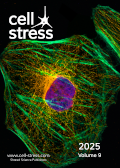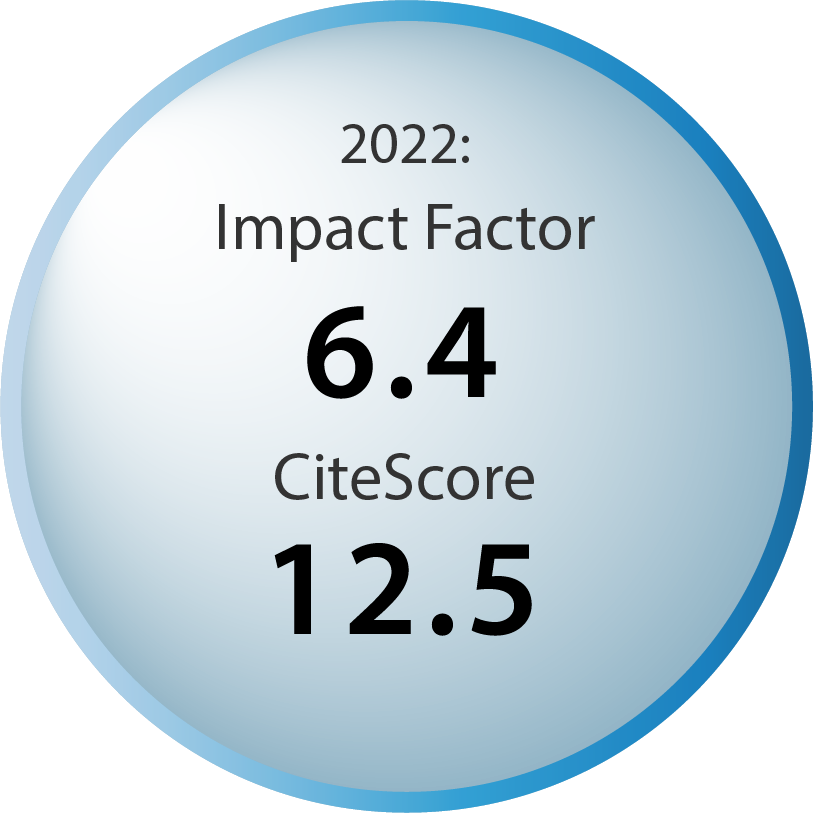Current Issue:
Table of contents
Volume 9, Issue 1, pp. 1 - , 1
NFAT5: a stress-related transcription factor with multiple functions in health and disease
Alfredo Domínguez-López, Fátima Sofía Magaña-Guerrero, Beatriz Buentello-Volante, Óscar Vivanco-Rojas, Yonathan Garfias
Reviews |
page 16-48 | 10.15698/cst2025.05.304 | Full text | PDF |
Abstract
Nuclear factor of activated T cells 5 (NFAT5) is a transcription factor within the Rel family, primarily recognized for its role in cellular adaptation to osmotic stress, particularly in hypertonic and hyperosmotic environments. Beyond osmotic regulation, NFAT5 responds to diverse stimuli, including cytokines, growth factors, oxidative stress, and microbial signals. This versatility enables NFAT5 to regulate essential cellular processes such as proliferation, survival, migration, and vascular remodelling. In the immune system, NFAT5 modulates the function of monocytes, macrophages, astrocytes, microglia, and T cells, contributing to immune homeostasis and inflammatory responses. Dysregulation of NFAT5 activity is implicated in various pathological conditions, including autoimmune diseases, cancer, and cardiovascular disorders, largely due to its ability to control genes involved in inflammatory and immune pathways under both isotonic and hypertonic conditions. Recent studies have unveiled new regulatory mechanisms, including interactions with non-coding RNAs, offering deeper insights into the functional landscape of NFAT5 and its therapeutic potential. This review delves into the multifaceted roles of NFAT5 in health and disease, emphasizing its emerging importance as a promising therapeutic target.
Probiotics and mediterranean diet for breast cancer management and prevention?
Ehssan A. Sharif-Askari, Khadija M. Atoui, Ali K. Mteyrek, Lama M. Fawaz
Reviews |
page 1-15 | 10.15698/cst2025.05.303 | Full text | PDF |
Abstract
The human gut microbiota, a diverse community of beneficial normal flora microorganisms, significantly influences physiological function and the immune response. Various microbiota strains have shown promise in supporting clinical treatment of chronic diseases, including cancer, by potentially providing antioxidative and anti-tumorigenic effects in both in vivo and in vitro studies. Breast cancer, which ranks amongst the top five cancer types common worldwide and particularly in Mediterranean countries, has been showing high incidence and prevalence. In breast cancer, microbiota composition, hormonal dynamics, and dietary choices are believed to play significant roles. Hence, the Mediterranean diet, known for its microbiota-friendly features, emerges as a potential protective factor against breast cancer development, highlighting the potential for personalized dietary strategies in cancer prevention. This comprehensive review highlights the emerging mechanisms by which probiotics support our immune system during different physiological activities. It also discusses their potential role, along with nutrition intervention, in improving essential clinical treatment outcomes in breast cancer patients and survivors, suggesting potential supportive strategies that go hand in hand with clinical strategies. Unfortunately, very little research addresses the possible clinical implications of probiotics and dietary habits on breast cancer, despite the promising results, calling for further studies and actions.



